An alliance with the trade union movements helped catapult Juan Peron, the icon of Argentine politics, to the presidency in the 1940s, and the Peronist political movement he created has had a close relationship with the unions ever since. It’s little surprise that they have opposed Argentina’s new president Javier Milei – very much not a Peronist – almost from the moment of his election victory in November.
Already a subscriber? Log in
Subscribe for just $2 a week
Try a month of The Spectator Australia absolutely free and without commitment. Not only that but – if you choose to continue – you’ll pay just $2 a week for your first year.
- Unlimited access to spectator.com.au and app
- The weekly edition on the Spectator Australia app
- Spectator podcasts and newsletters
- Full access to spectator.co.uk
Or

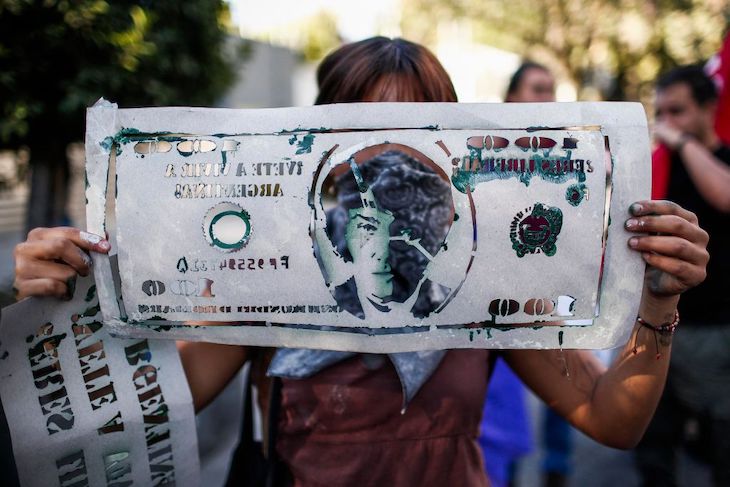
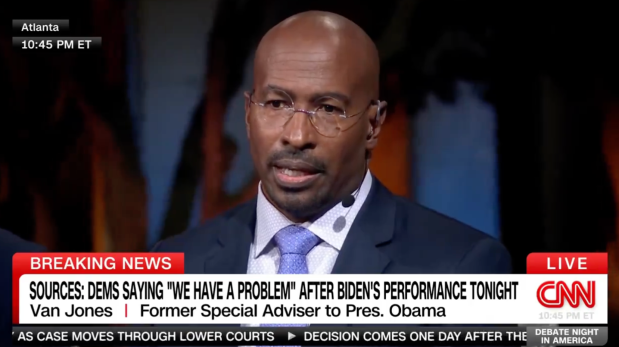
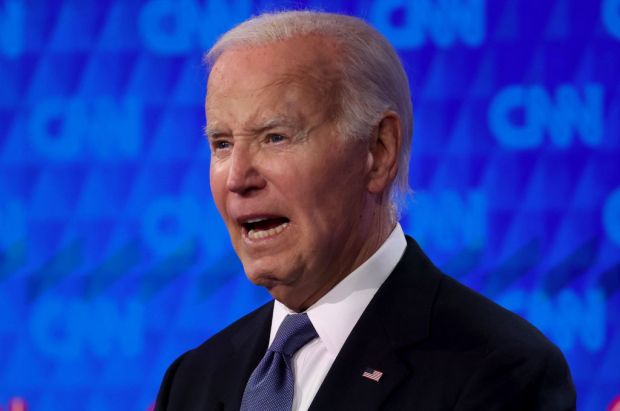
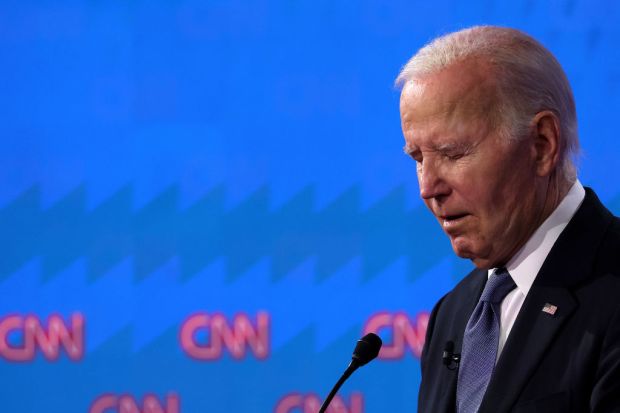
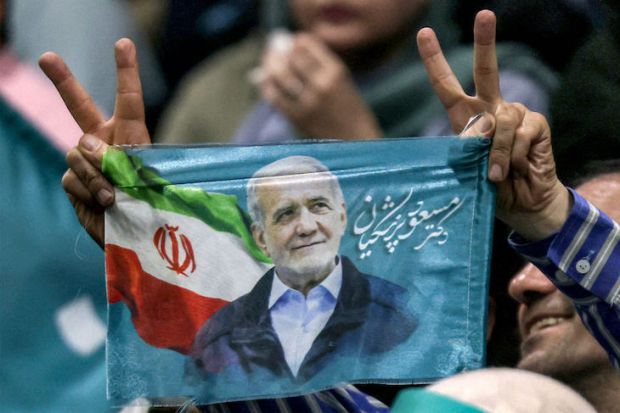
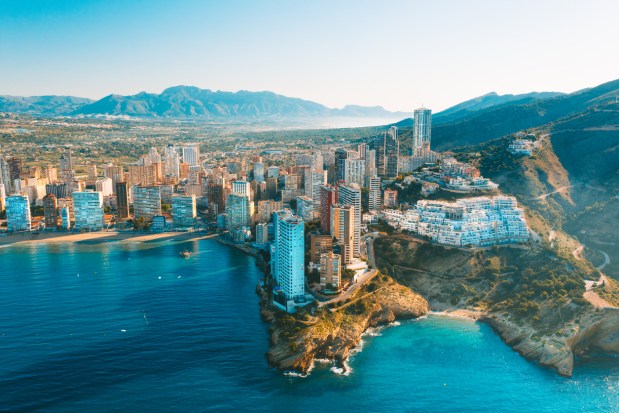
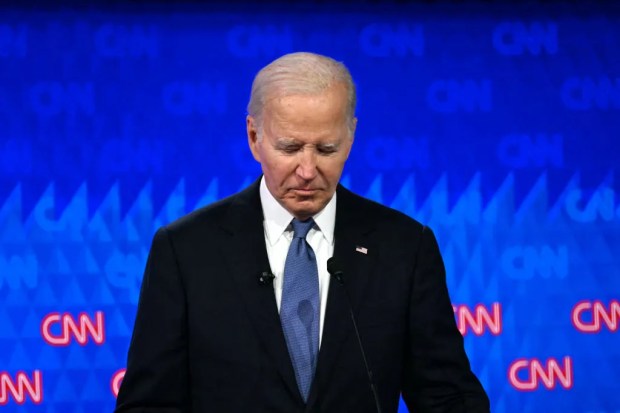












Comments
Don't miss out
Join the conversation with other Spectator Australia readers. Subscribe to leave a comment.
SUBSCRIBEAlready a subscriber? Log in